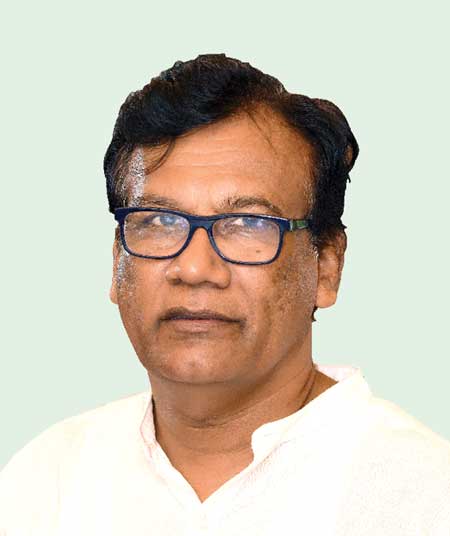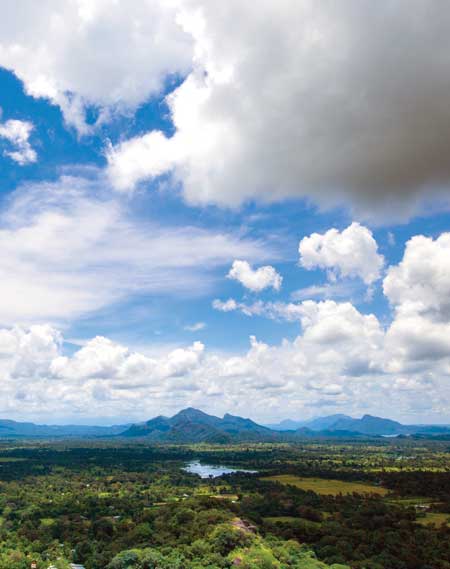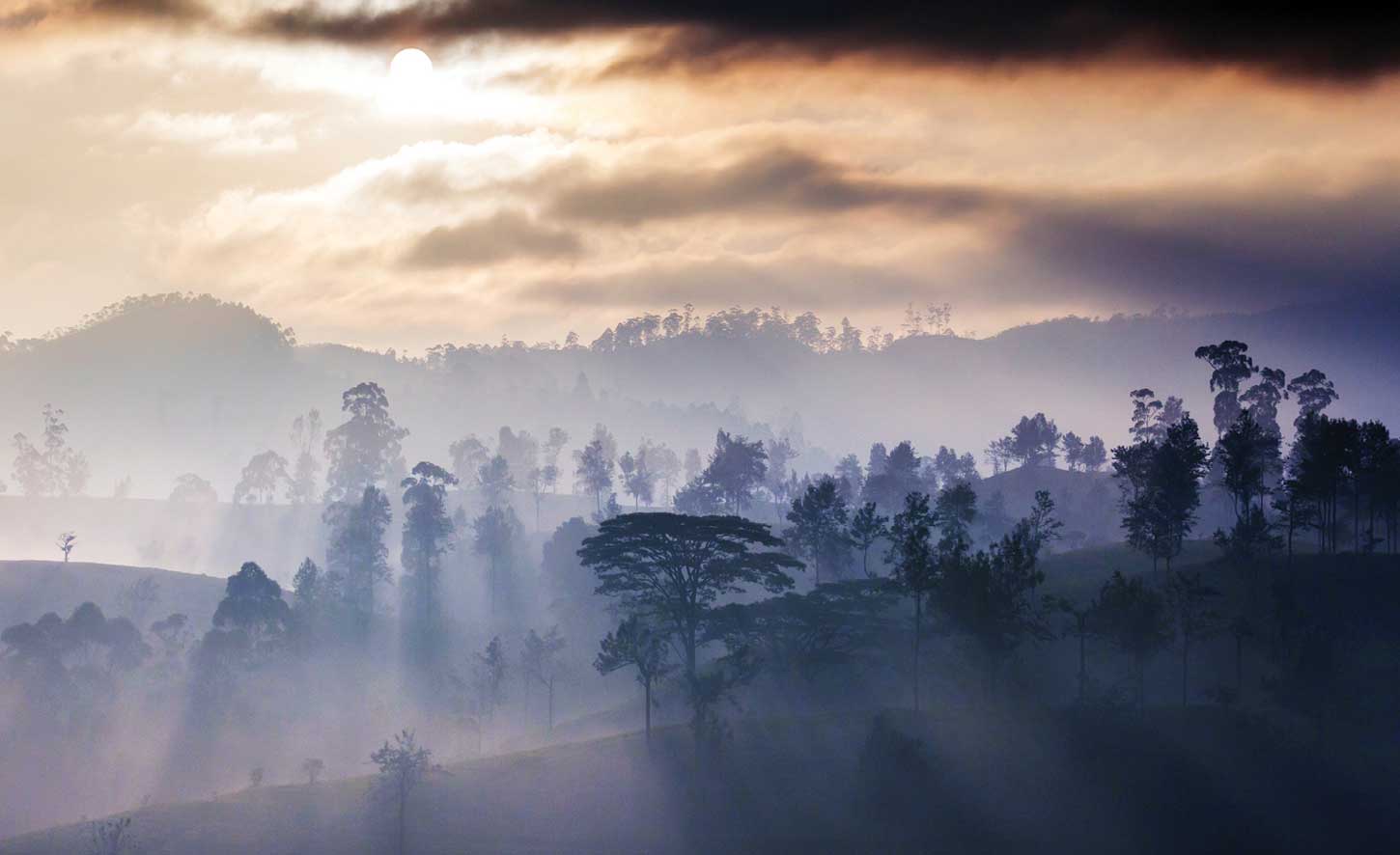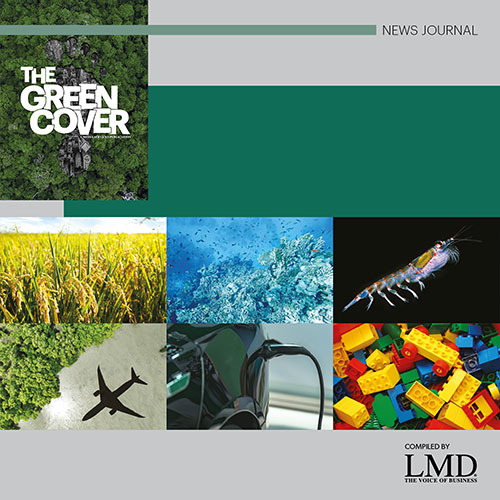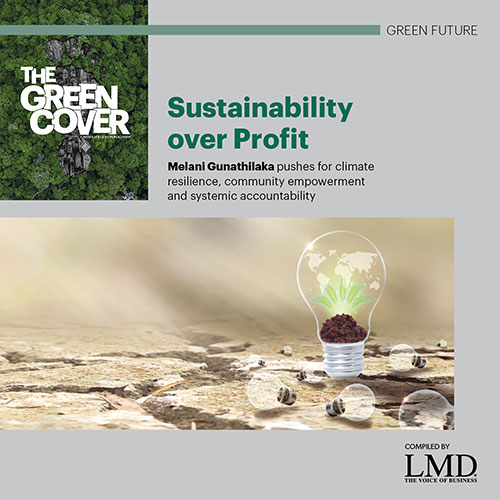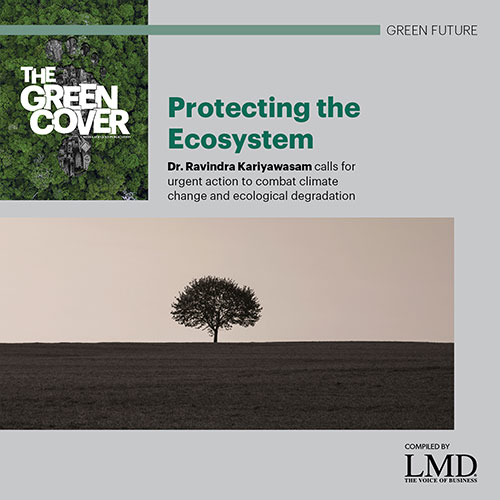Protecting the Environment
Hemantha Withanage stresses the need to conserve the natural world with a fresh development paradigm
“Presently, Sri Lanka is suffering due to forest and habitat destruction. In 2020, the World Wildlife Federation (WWF) and other scientists declared that 70 percent of wildlife has been destroyed over the last 50 years,” declares the Chair of Friends of the Earth International and a Senior Advisor to the Centre for Environmental Justice Hemantha Withanage.
Sri Lanka’s wet zone forest has been destroyed to the extent that less than one percent of it exists today. Most forests are located in the dry zones of the North and Eastern Provinces, which are experiencing mass destruction due to growing populations, encroachment and agro-commodities cultivation, such as maize and banana.
“If we don’t consider reducing our production and consumption, the world will certainly need to use more natural resources and energy, leading to biodiversity destruction"
Withanage details the destruction of local backwoods: “A forest in Wattegama comprising about 25,000 hectares that was connected to the Yala and Kumbukkana reserves is missing today. Moreover, about 12,500 hectares of the Kebiliththa Forest Reserve have been lost to deforestation. Altogether, nearly 37,500 hectares have been destroyed without considering the environmental contributions of these forests.”
He also identifies chemical pollution in the soil and water as a reason for Sri Lanka’s noncommunicable diseases. He states: “A major issue is a lack of proper systems in place to educate farmers on the appropriate use of chemicals. People mix two or three chemicals to disperse in fields and as a result, we see increased incidences of diseases such as chronic kidney disease and cancer – especially in agricultural areas in the north and east.”
When it comes to climate change, Withanage highlights it as one of the biggest issues the world is facing.
“People do not want to change the luxurious lifestyles they lead and always want more development. In my view, we need to opt for lower carbon footprints and simpler lifestyles. Otherwise, given the current development paradigm, we won’t be able to live longer and will have millions of climate refugees,” he warns.
Many species have been lost already due to deforestation, hunting, climate change, a lack of awareness and other conservation issues.
“Population growth is another problem that we must approach with a different development paradigm because the continuous destruction of forest areas and wildlife habitats will not help the country. And we need to think about other developments that don’t destroy forests,” Withanage maintains.
Summarising his position, he asserts: “If we don’t consider reducing our production and consumption, the world will certainly need to use more natural resources and energy, leading to biodiversity destruction, climate change and pollution.”

